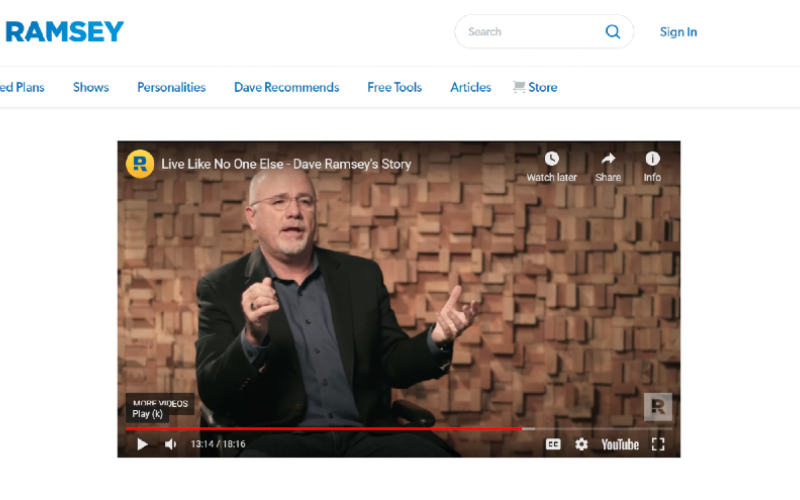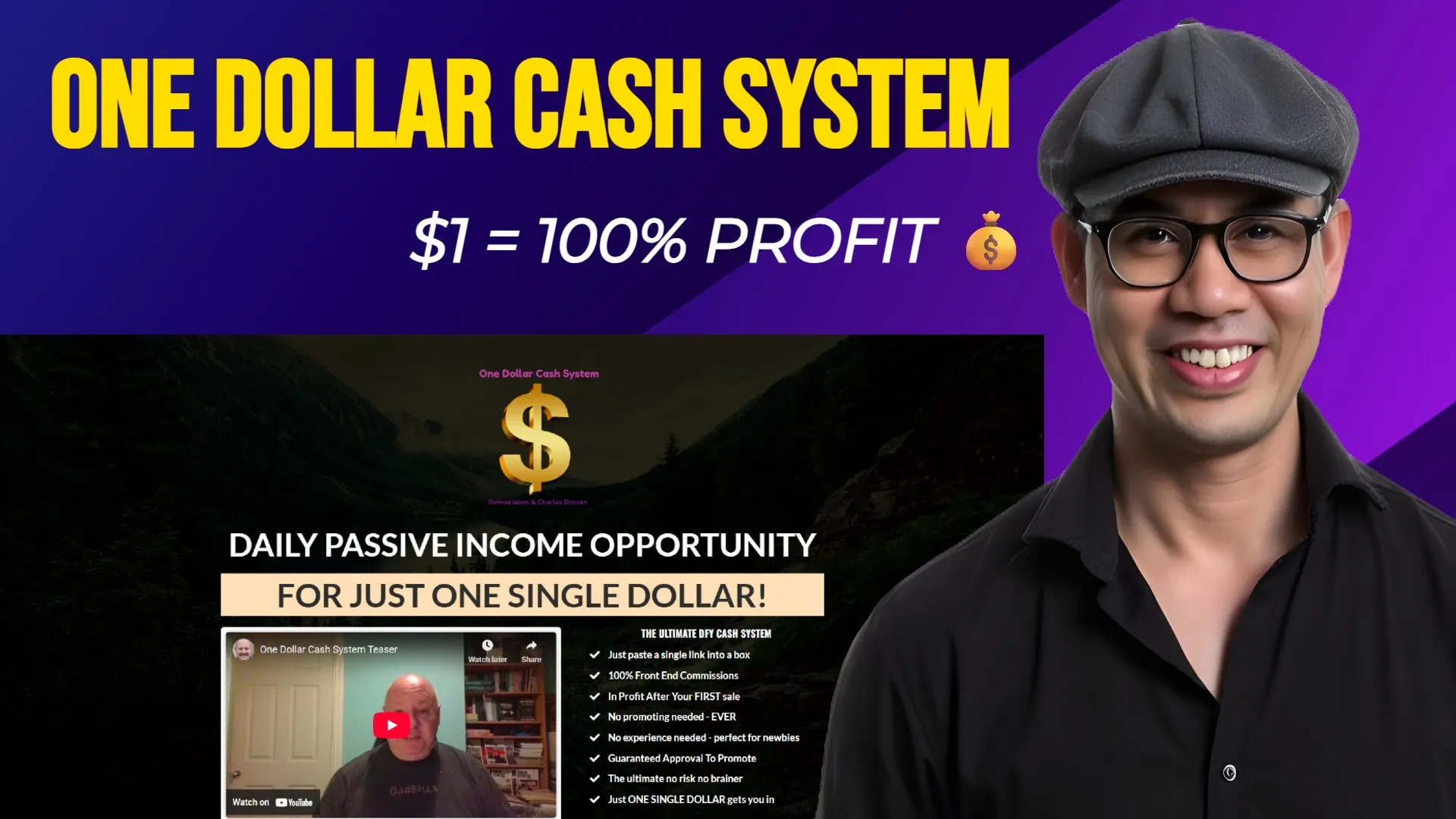Dave Ramsey’s Top Real Estate Tips
You may have heard of Dave Ramsey, and if you haven’t then you will want to find out more about him. If you are looking for a mentor or a role model for real estate investing, then Dave Ramsey is a good choice. Here are some of Dave's top real estate tips.

Dave has helped many wannabe investors become successful in real estate, and he is able to help you too. So, who exactly is Dave Ramsey and what are his top real estate tips?
Who is Dave Ramsey and what is he known for?
Dave Ramsay is more than just a real estate guru. He is a money management expert who has written seven bestsellers on managing money in all sorts of ways (including by investing in real estate). Dave Ramsey is outspoken, but he is passionate about helping people create wealth, and his teachings can be found on his personal website. Dave has a way of teaching and explaining things that even those with limited background knowledge can understand, so he is a perfect mentor for those just starting out in the real estate business.
Dave Ramsey is no stranger to the real estate business – his parents were realtors and he himself got his real estate license at age 18. He started young and by the age of 26 he had built up a real estate portfolio worth more than $4 million. He is also no stranger to failure as according to Families for Financial Freedom, he had some bad luck and fell on hard times, and even filed for bankruptcy. But this did not stop him as he built himself up to where he is now – worth approximately $200 million. Because of his life experiences and lessons learned, his tips are worth paying attention to.
Tip 1. Put a 20% down payment on your home as a minimum
Dave Ramsey is surprised to find how many people are putting the bare minimum down on house payments. In Family Handyman Dave states that it is worth waiting for the extra time to save up the additional 10% (to go from a 10% down payment to 20%) because what you will save in the long run will make it worthwhile. The number one reason for putting down at least 20% is that it’s the only way to avoid private mortgage insurance (PMI). What you would otherwise be paying towards the extra insurance payment you could be putting towards paying off your mortgage faster. Think of it as an extra fee that lenders charge for the privilege of lending to you with the lower down payment. And nobody likes to pay for a fee that they don't need to.
In other words, you would be better off opting for a smaller, cheaper home where you can afford the 20% down payment, rather than getting a property that seems bigger and better. Because in the long run, it will end up being more expensive and make it that much harder for you to create wealth from it as an investment. Of course, do not stop at 20%. If you can afford 30% or more, then that is even better. The less money you are paying toward interest, the better off you will be.
Tip 2. Your monthly mortgage payment should be no more than 25% of take-home pay
Because he is no stranger to financial ruin, Dave Ramsey bases a lot of his tips on ensuring that any investments are properly affordable. Too many people find themselves with a high-value asset that they cannot afford to manage and maintain. And then they end up needing to sell (often at a loss) in order to stay afloat. The best way to avoid this according to Family Handyman is to ensure that any mortgage payment you sign up for is no more than 25% of your take-home pay.
This may seem like a simple tip, but it is one that too many investors are not following. You only need to see the amount of bank foreclosure sales that are around to see how easy it is to fall behind on payments and lose your property to the bank. There are often hidden costs that are not evident when you sign up for a mortgage, so by limiting your base mortgage payment to something easily affordable, you are ensuring that any sudden and unexpected fees and costs will be manageable.
Tip 3. Do not compromise on location or layout
According to Dave Ramsey on his website, there are two things that are impossible to change in regard to a property purchase – location and layout. Of course, a floorplan CAN be changed, however, if you are needing to completely change the layout of a home, then you will likely end up spending a lot more than it will be worth. So, when you are considering a property, look at the things that cannot be changed. If you do not like the location or the layout of a home, then chances are future buyers will feel the same. And if you are purchasing for the option of reselling, then you will need to keep future buyers in mind.
As Dave Ramsey so wisely says, you are much better off buying the worst house in the best street, rather than the best house in the worst street. Good locations will only rise in value, and so therefore will the value of your home. And remember that no amount of curb appeal will make up for a terrible or illogical floor plan.
Conclusion
One thing that makes Dave Ramsey so relatable is that his tips are easy to follow and they make sense. So, if you are wanting to start out in real estate investing, then following these simple tips will set you on the right path. And could mean that you could avoid the mistakes that Dave himself made when he was starting out in real estate. Dave Ramsey knows his stuff and by following his advice, whether it be about real estate or money management in general, you will be in good hands.








